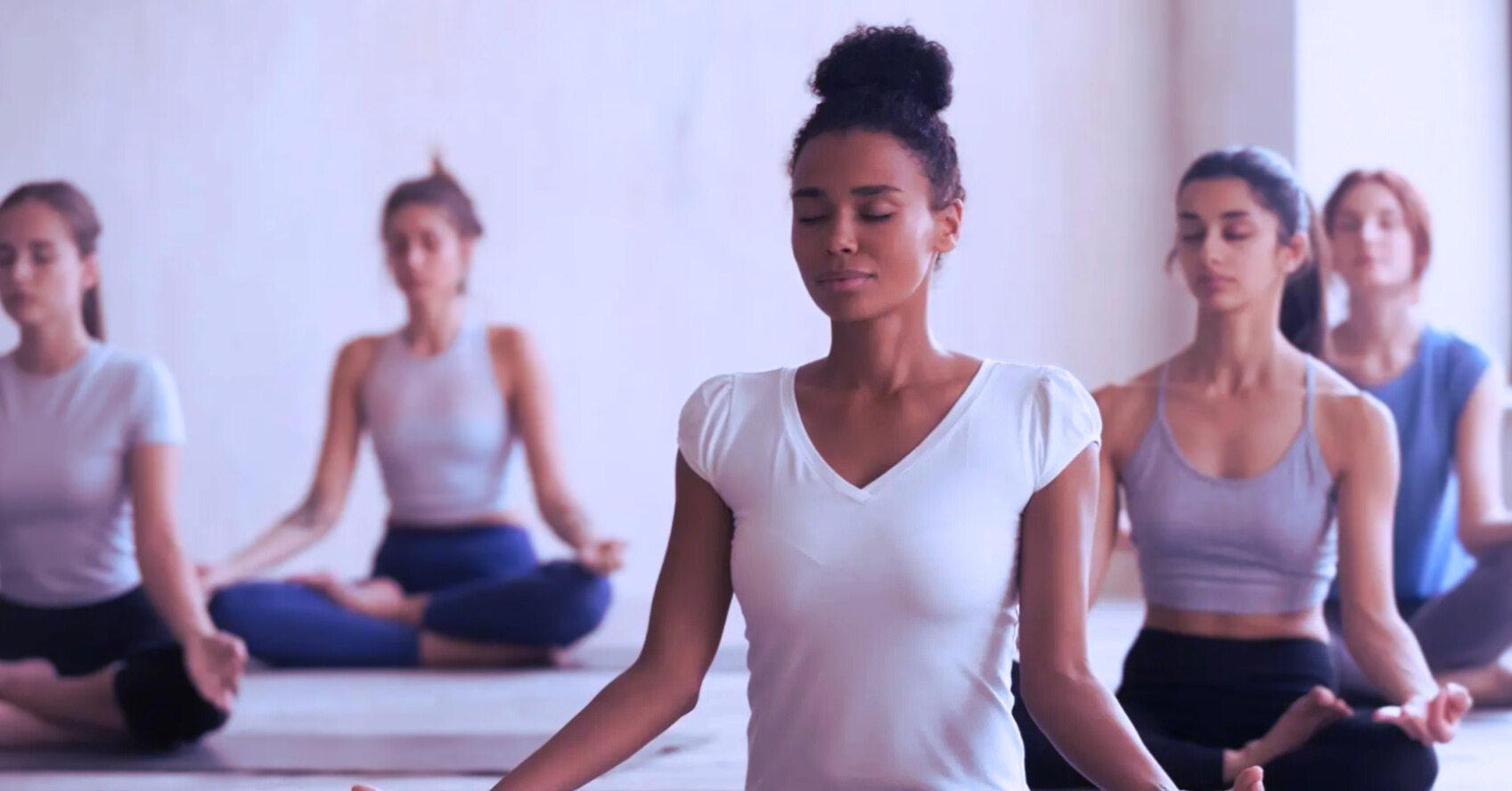Anxiety is one of the most common mental health conditions, affecting millions of people worldwide. It can manifest as constant worry, unease, or fear, often interfering with daily life. While traditional treatments such as medication and therapy can be effective, many people are seeking natural remedies for anxiety that can offer relief without the side effects. In this article, we’ll explore 5 natural remedies for anxiety, highlighting holistic approaches that actually work, backed by scientific evidence.
1. Practice Mindfulness Meditation to Reduce Anxiety Naturally
Mindfulness meditation has gained significant attention for its effectiveness in managing anxiety. This practice involves focusing on the present moment without judgment, which can help reduce stress, calm the mind, and alleviate anxious thoughts.
- How It Works: Mindfulness meditation encourages deep breathing and awareness of bodily sensations, helping to activate the parasympathetic nervous system (the body’s “rest and digest” system), which counters the “fight or flight” response that anxiety triggers.
- Scientific Support: Studies show that regular mindfulness meditation reduces symptoms of anxiety by promoting emotional regulation and enhancing adaptability to stress.
If you’re looking for a natural remedy for anxiety, consider incorporating mindfulness meditation into your daily routine. Even just 10-15 minutes of meditation per day can significantly reduce stress levels.

2. Exercise Regularly to Combat Anxiety Naturally
Physical exercise is one of the most effective natural remedies for anxiety. Exercise stimulates the production of endorphins, the body’s natural mood enhancers. It also reduces levels of cortisol, the stress hormone that plays a major role in anxiety.
- How It Works: Regular exercise, such as walking, jogging, cycling, or yoga, helps improve circulation, release tension in the muscles, and promotes the release of neurochemicals that elevate mood.
- Scientific Support: Research shows that aerobic exercises, in particular, have been shown to significantly reduce symptoms of anxiety. Exercise helps to distract the mind, reduce muscle tension, and improve sleep quality, all of which are crucial for managing anxiety.
Aim for at least 30 minutes of moderate exercise most days of the week to experience the anxiety-relieving benefits of physical activity.
3. Aromatherapy with Essential Oils to Soothe Anxiety
Aromatherapy is a popular holistic approach that uses essential oils to enhance mental and emotional well-being. Certain essential oils are particularly effective in reducing symptoms of anxiety and promoting a sense of calm.
- How It Works: Aromatherapy works by stimulating the limbic system, the part of the brain responsible for emotions and memory. When inhaled, essential oils can help reduce stress levels, improve mood, and calm the nervous system.
- Popular Essential Oils for Anxiety:
- Lavender: Known for its calming effects, lavender oil can help reduce anxiety and promote relaxation.
- Chamomile: Chamomile oil is often used to relieve tension and anxiety, especially when combined with a calming routine before bedtime.
- Bergamot: This citrus-scented essential oil has been shown to lower stress and improve overall mood.
You can use aromatherapy by diffusing essential oils, adding them to a bath, or applying them to pulse points for quick relief from anxiety.
4. Herbal Supplements for Anxiety Relief
Nature has provided a variety of herbs known for their anxiety-reducing properties. Several herbal supplements have been shown to reduce symptoms of anxiety, improve mood, and promote relaxation without the use of prescription medication.
- How It Works: Herbal supplements often contain active compounds that influence brain chemistry, reduce inflammation, and modulate stress hormones. They provide a natural way to manage anxiety by targeting the root causes of stress and anxiety-related symptoms.
- Effective Herbal Remedies for Anxiety:
- Ashwagandha: An adaptogen herb, ashwagandha has been shown to lower cortisol levels and reduce stress and anxiety in clinical studies.
- Valerian Root: This herb is known for its calming effects, helping to relax the nervous system and promote better sleep, which is essential for managing anxiety.
- Passionflower: Passionflower is often used to treat anxiety and insomnia, helping to promote a sense of calm without the sedative effects of some prescription medications.
Before starting any herbal supplements, it’s important to consult with a healthcare provider to ensure they are safe and effective for your individual needs.
5. Maintain a Healthy Diet to Support Mental Health
What you eat plays a significant role in your mental health and well-being. A well-balanced, nutrient-rich diet can help support your body’s ability to manage stress and anxiety. Consuming specific foods can improve mood, stabilize blood sugar levels, and reduce inflammation, all of which contribute to better mental health.
- How It Works: A healthy diet nourishes the brain and promotes the production of neurotransmitters that regulate mood, such as serotonin and dopamine. Nutrient deficiencies, on the other hand, can contribute to feelings of anxiety and depression.
- Foods That Help Manage Anxiety:
- Omega-3 Fatty Acids: Found in fatty fish like salmon, omega-3 fatty acids have been shown to reduce anxiety by supporting brain function.
- Magnesium-Rich Foods: Magnesium helps relax the muscles and nervous system and is found in foods like spinach, almonds, and avocados.
- Complex Carbohydrates: Foods like whole grains, oats, and sweet potatoes help regulate blood sugar levels and prevent spikes and crashes that can trigger anxiety.
In addition to eating anxiety-reducing foods, it’s important to stay hydrated and limit caffeine, which can exacerbate anxiety symptoms.
Managing anxiety doesn’t always require medication. By incorporating natural remedies for anxiety such as mindfulness meditation, exercise, aromatherapy, herbal supplements, and a healthy diet, you can experience significant relief. These holistic approaches address the root causes of anxiety and provide long-term benefits to your overall well-being.
If you’re seeking a natural way to reduce anxiety, try integrating these strategies into your daily routine. Be sure to consult with a healthcare professional if you are experiencing chronic anxiety or if you’re unsure about which remedy is right for you.
